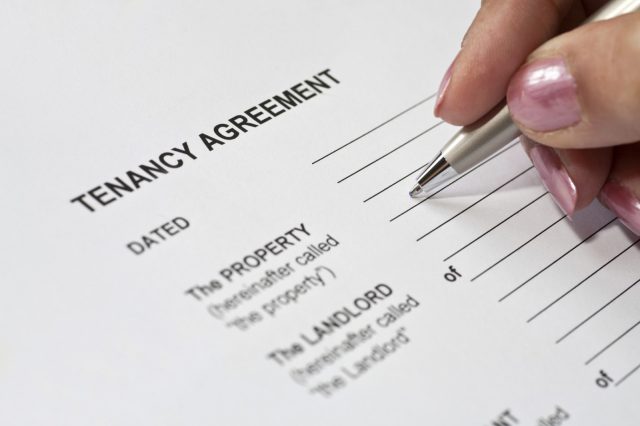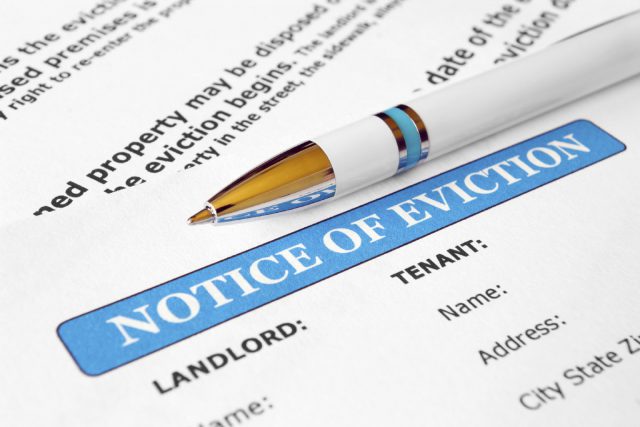The economy should see substantial growth, after the first half of 2014 saw an increase in property prices.
The Office for National Statistics (ONS) has also revealed that the Government met their 2.0% inflation target at the end of the fourth quarter (Q4) of 2013. The amount of people unemployed has also dropped to 7.1%.
2014 looks to follow the growths of last year. UK Land Registry have also claimed that average property prices in England and Wales increased to £172,069 in April; a yearly growth of 6.7%. Prices in the housing market have risen at their quickest pace in around four years.
Evidently, now would be a good time to invest in the property sector. The five reasons why now is the time to invest in UK property are as follows:
High rental yields
Rents and demand for rental accommodation are at a record high, due to tenants renting for longer periods of time.
In May, the average price of renting a home in the UK was £1,006 per month, revealed Move With Us.
There has also been no drop in demand, as Countrywide reported that there are about ten possible tenants for each rental property in the market.

Why Now is the Time to Invest in UK Property
Strong commercial property
Commercial property in the UK is performing well, with yields in the first half of 2014 now matching the heights of 2010.
Commercial property values have risen by 0.8% in April, says the IPD UK Monthly Property Index. This follows twelve consecutive months of progress, as values are now 8% higher than they were a year ago.
Knight Frank predicts high levels of overseas investors in the UK commercial property market, in part a consequence of Taiwan’s relaxed rules. An arrival of Taiwanese investors could see investment levels rise by 15%.
Overseas investors
Overseas investors who buy property in the UK, particularly London, are fuelling the housing market.
Civitas has revealed that rich investors who purchase houses here are increasing prices.
Developments in mortgage lending and Government schemes are also driving up prices, with an increase in first time buyers around the UK.
However, the more buyers, the more demand, and cities are struggling to keep up. Now is a good time to invest if the property is suitable.
An array of assets available
Traditional property investments are not the only ones performing well. Student accommodation, care home bedrooms, and even car park spaces and self-storage units are also thriving.
The UK property sector is seeing higher house prices and strong rental returns.
However, most investors are only aware of the traditional assets, such as residential buy-to-lets or commercial property. Other investments can also provide high yields.
- Student property: Knight Frank have named it the UK’s number one performing asset, and student accommodation has overtaken every other asset class since 2011. A strong demand has been fuelled by increasing student numbers and high occupancy rates, causing good returns. Knight Frank predicts that yields will continue to grow throughout 2014.
- Care homes: Investment in the care home sector has stayed strong, due to their non-discretionary nature. The increasing aging populating of the UK has pushed these investments into the mainstream, alongside a lack of high quality bedrooms. Many investors receive high returns.
- Alternative assets: Self-storage units and car park spaces have become popular for investors seeking to expand their portfolios. There is a high demand in the UK for both of these sectors, and the right location could provide a regular income for investors. They can also be a good option for those with a smaller budget.
- Property ownership laws: The property sector of England and Wales provides a wide range of investment options. Overseas investors are attracted to the market by well-priced assets, and the present lack of restrictions on foreign nationals and overseas companies buying or renting properties. The market is considered trusted and established by property investors, making for a good location.






